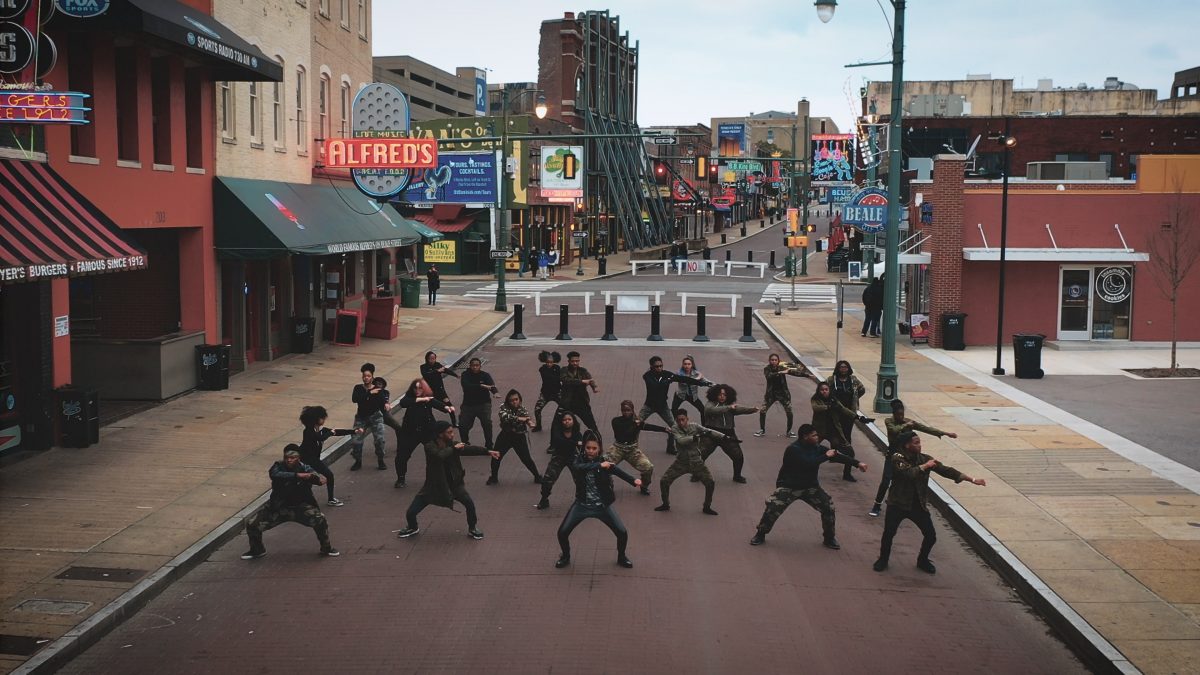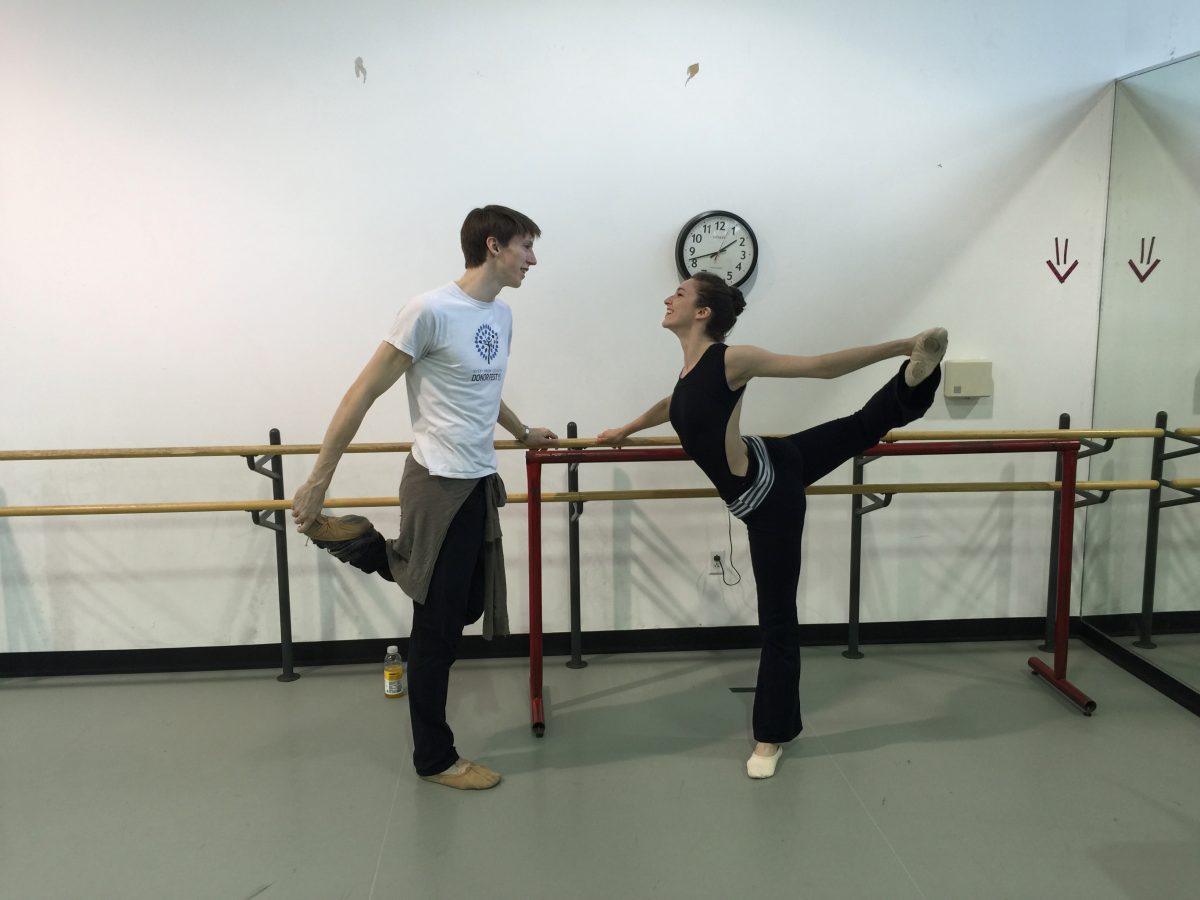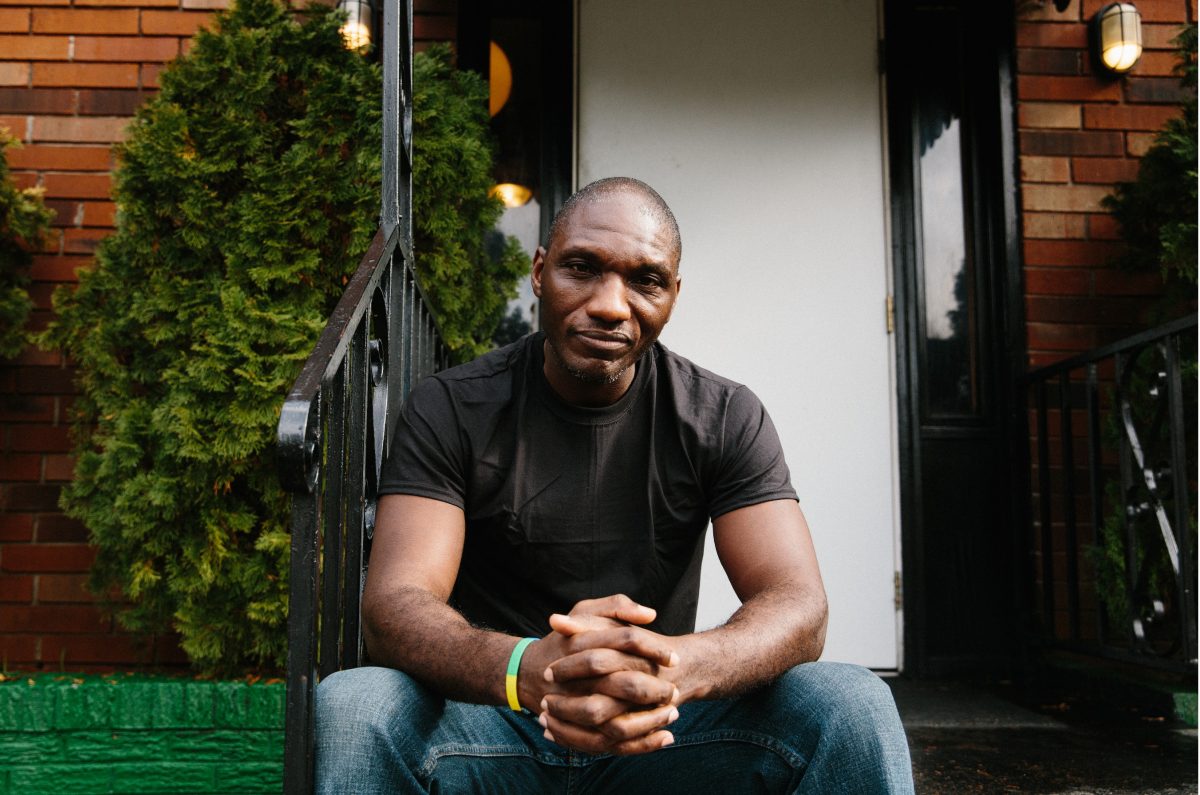The pandemic dealt a brutal blow to the local arts scene, forcing arts groups and funding organizations to pull together and find ways to survive.
One of the significant efforts was a partnership among ArtsMemphis, the Memphis Music Initiative, and Music Export Memphis that resulted in the recent completion of a $1.8 million Arts Recovery Fund. The focus of the fund was — and still is — to support individual artists and arts organizations, particularly those that had fewer opportunities for government relief funding due to capacity or revenue.
About $845,000 has been distributed to various groups and individuals. The remaining funds will be given out over the next year or so.
As stated by organizers, the fund aims to “accelerate recovery and support a resilient arts ecosystem by providing an immediate and targeted infusion of investment into the people, processes and programming that will make our arts community stronger and more accessible.”
The money given out so far includes:
- $250,000 to the Black Arts Fund, a holistic and comprehensive capacity-building effort with Memphis Music Initiative serving 15 Black- and Brown-led local organizations with annual revenue under $500,000.
- $145,000 of direct artist support that continues the Artist Emergency Fund that helped artists of varying disciplines in 2020 and 2021. The funding was designed to initially support artists immediately impacted by the widespread shut-downs, and is now aiming to support artist recovery.
- $450,000 for unrestricted operating support sub-grants. These went to 36 of ArtsMemphis’ operating support grantees with smaller budgets.
Over the next year to year-and-a-half, the Arts Recovery Fund will distribute additional monies to individual artists and art organizations for short-term needs and long-term planning. Those include $375,000 for individual artist support, and $640,000 for arts organization support.
Funding has come from a variety of sources, including AutoZone, Belz Foundation, Community Foundation of Greater Memphis’ Midsouth COVID Regional Response Fund, FedEx, First Horizon Foundation, Hyde Foundation, Kresge Foundation, National Endowment for the Arts (NEA), and individual contributors.
Elizabeth Rouse, president and CEO of ArtsMemphis, said, “Memphis was just one of 22 communities across the country to get $500,000 from the American Rescue Plan through the NEA to distribute. That was part of the recovery fund that we’ve already distributed.”
She said, “The good thing is we’re able to be flexible and for this to evolve as the needs change. In the last several months, thankfully, the state of Tennessee, through the American Rescue Plan, invested a significant amount of money in mostly large arts organizations. So through this recovery fund, we’re going to be able to prioritize some of those smaller groups that haven’t had as much access to those government funds.”
Putting all this together required an unprecedented effort at collaboration and partnerships.
“In March of 2020, arts organizations of all sizes and of all artistic disciplines started coming together to meet every other week,” Rouse said, “basically about how they were shutting down and how they were navigating Human Resources issues and Paycheck Protection Program [PPP] loans.”
As terrible as the pandemic became, there were beneficial results from the efforts of groups and individuals to deal with the widespread shut-downs.
“Arts leaders who didn’t know each other at all were all of a sudden going through the same things together,” Rouse said. “So, in a lot of ways, I think the arts community is more connected and working together more closely. The other amazing thing, and to me one of the most exciting things that’s happened, is all the creativity that has come over the last two or three years as artists had to change the way they were creating content. I think we’ll continue to see new partnerships and different artistic disciplines working together. In a lot of ways, the arts are almost more accessible now than they were before because arts organizations are changing how they deliver those opportunities.”
She pointed to some of the collaborations that have recently flourished, such as Ballet Memphis and the Stax Music Academy performing together at Crosstown, and the Carpenter Art Garden teaming up with the Iris Orchestra. “Their art forms complement each other and make for a more enhanced experience, but also it’s a way to reach audiences that a single group couldn’t reach on their own.”
Meanwhile, funders had to also think and act creatively and quickly to make an impact.
The Kresge Foundation, for example, provided support to the Recovery Fund early in the pandemic, with some of it “specific to the capacity-building program that Memphis Music Initiative is running for small organizations,” Rouse said. “These organizations expanded their work and are now creating structures to be able to sustain it and to grow.”
Local funders also provided crucial support “above what they normally do to support the art sector, and we’ve been grateful for that.”
When things settle down and get into the groove of the “new normal,” Rouse hopes arts organizations can take the next several years and use some of this recovery funding to plan for a new future. “That new future is not necessarily going to be anything like the past,” she says. “You know, we’re never going to go back to a time when earned revenue looks the same for these organizations. My hope is that they really use these next couple of years to collaboratively plan for what the new future looks like, what new business models look like.”
She mentions that pre-pandemic, only about half of arts groups had a reserve or endowment. “I hope in the next couple of years, that organizations will have created structures that help them to be in a better situation should something happen.”
Rouse said that “there are tons of offerings as organizations have launched their new seasons and after-school programs get restarted. It’s an exciting August and September time. And it’s good for these organizations that are continuing to have to make changes and evolve and be flexible.”




 David McLister
David McLister 